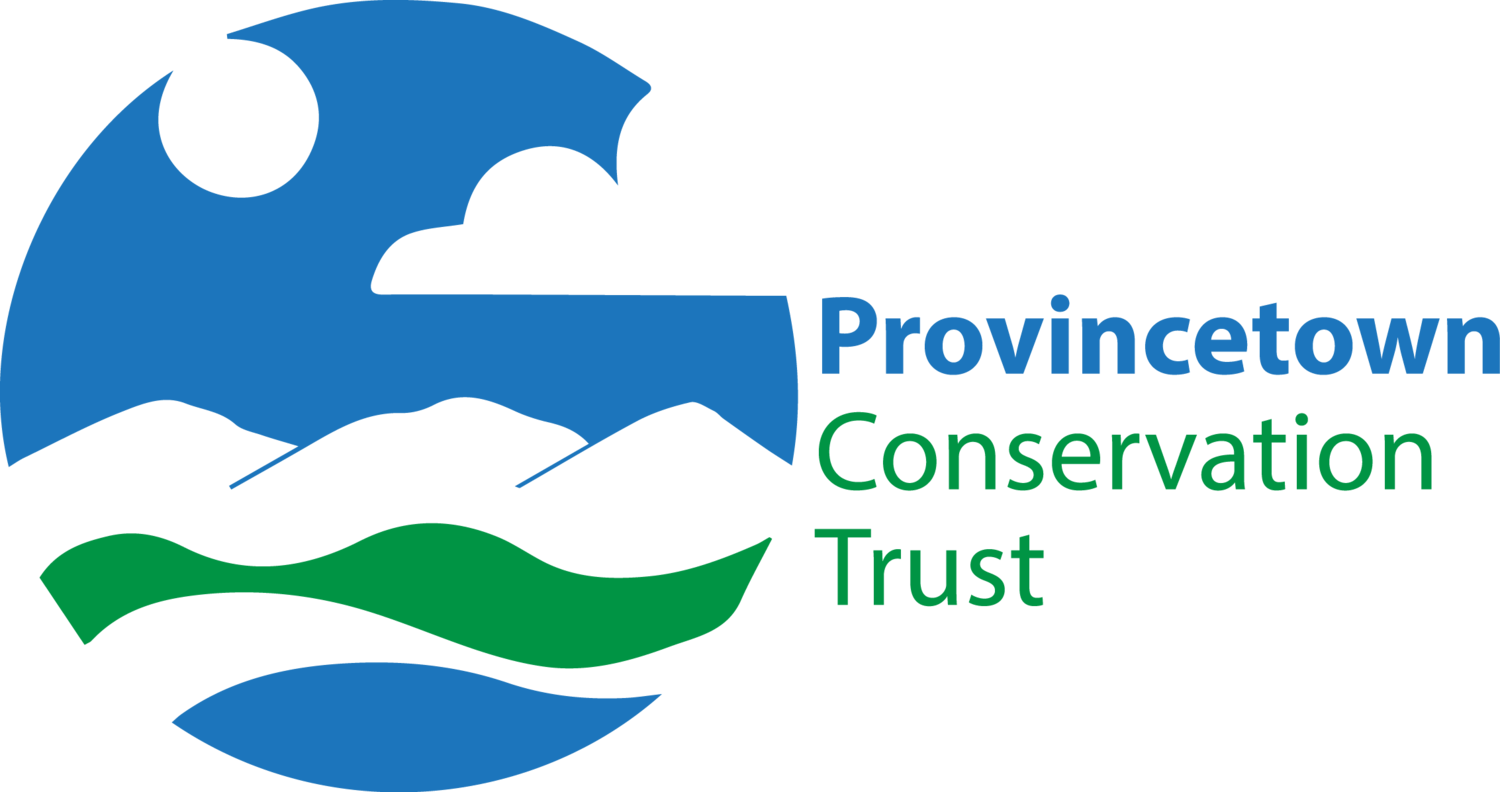What Is A Land Trust?
“On Cape Cod, the Environment is the Economy.”
Land trusts are local, state, or regional nonprofit organizations directly involved in protecting land for its natural, recreational, scenic, historical, or productive value. Most land trusts are private, nonprofit corporations. Land trusts are not "trusts" in the legal sense, and may also be called "conservancies," "foundations," or any number of other names descriptive of their purpose.
Land trusts are distinguished by their first-hand involvement in land transactions or management. This involvement can take many forms. Some land trusts purchase or accept donations of land or of conservation easements (permanent, binding agreements that restrict the use of a piece of land to protect its conservation resources.) Some manage land owned by others or advise landowners on how to preserve their land. Some land trusts help negotiate conservation transactions in which they play no other role. Land trusts often work cooperatively with government agencies by acquiring or managing land, researching open space needs and priorities, and assisting in the development of open space plans. They also may work with other nonprofit organizations and sometimes with developers. A land trust may do one, several, or all of these things.
Some land trusts are organized to protect a single piece of property, but the more active trusts have a larger land protection agenda. They may focus their efforts in a community, in a region, on a particular type of resource, or on a protection project. Some operate statewide and work cooperatively with local land trusts in addition to conducting their own land conservation projects. Resources protected by land trusts include forests, prairie grasslands, islands, urban gardens, river corridors, farmland, watersheds, parklands, marshes, ranchlands, scenic vistas, cultural landscapes, Civil War battlefields, and hiking trails.
Most land trusts depend on volunteer leadership and support even if they also have a professional staff. They have the potential to bring together a wide range of people in a community, such as naturalists, planners, farmers, hunters, landowners, community leaders, sometimes developers, and others who care about special lands in their communities.
(Source: The Land Trust Alliance. Starting a Land Trust: A Guide to Forming a Land Conservation Organization. Virginia: The Land Trust Alliance, 1990.)
Photo Credit: Vladimir Schuster

